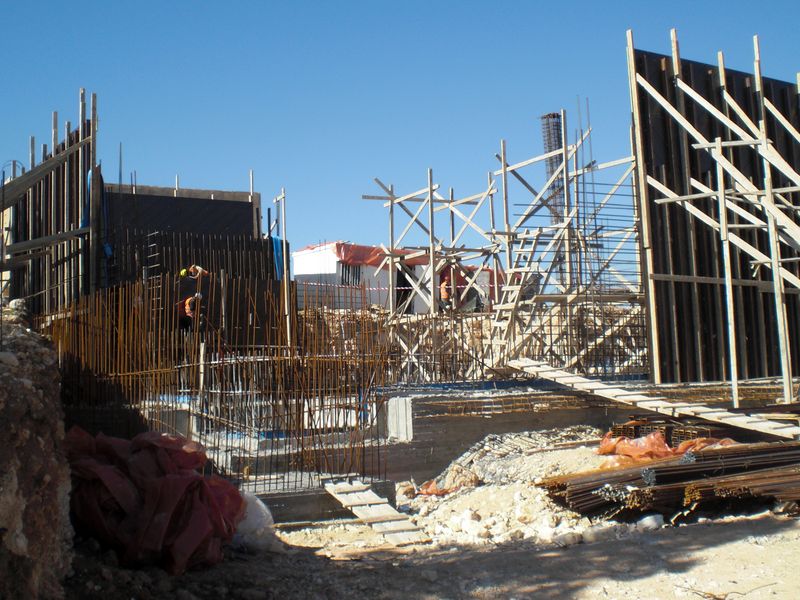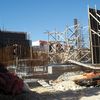Northern Governorates of Jordan:Immediate Measures for Improvement of Wastewater Systems in Northern Jordan directed to Syrian Refugees
Disciplines
-
Sanitation
Companies
Dorsch International Consultants
Client
Water Authority of Jordan (WAJ)
Duration
From 2015 to 2020Project Activities
- Rehabilitation of, up to 11km of sewer networks in Mafraq City.
- Extension of up to 175km, sewer networks in Mafraq City and Manshyet Bani Hassan.
- Rehabilitation and extension of existing concrete manholes.
- Implementation of 2 sewage pumping stations.
- Implementation of up to 3.5km, pressure pipes with HDPE DN 200 mm.
- Implementation of up to 6,400 units of concrete inspection chambers for house connections.
- Cleaning of up to 78km of existing sewer network in Mafraq City.
- Rehabilitation of existing manhole covers in Mafraq City up to 680 units.
- Feasibility Assessment and Concept Design for Extension of the Mafraq WWTP.
Contact
Dorsch International Consultants GmbH
München (Headquarters)
80687 München
Germany
Phone: +49 89 5797-0
Fax: +49 89 5797-800
E-Mail: info@dorsch.de
Description
In the Northern Governorates of Jordan, the water supply and sanitation sector has deteriorated in the recent years due to increased population in the area mainly the high number of hosted refugees. The components of the project are therefore directed to improving the sewage collection in Mafraq and Manshyet Bani Hassan especially in hosting higher numbers of Syrian refugees.
The project focuses on the feasibility of expanding the Mafraq Wastewater Treatment Plant to reach a capacity of 16,000 m3/day and improving the sewage collection within the urban and sub-urban areas of Mafraq and Manshyet Bani Hassan. Special emphasis is put in areas experiencing a high influx of Syrian refugees through sewer network cleaning, extension and rehabilitation.
As a result, the project contributes to increasing the percentage of population with access to safely managed sanitation services, thus reducing the number of deaths and illnesses due to poor sanitation and hygiene as well as increasing the proportion of treated wastewater provided the expansion of the WWTP.

